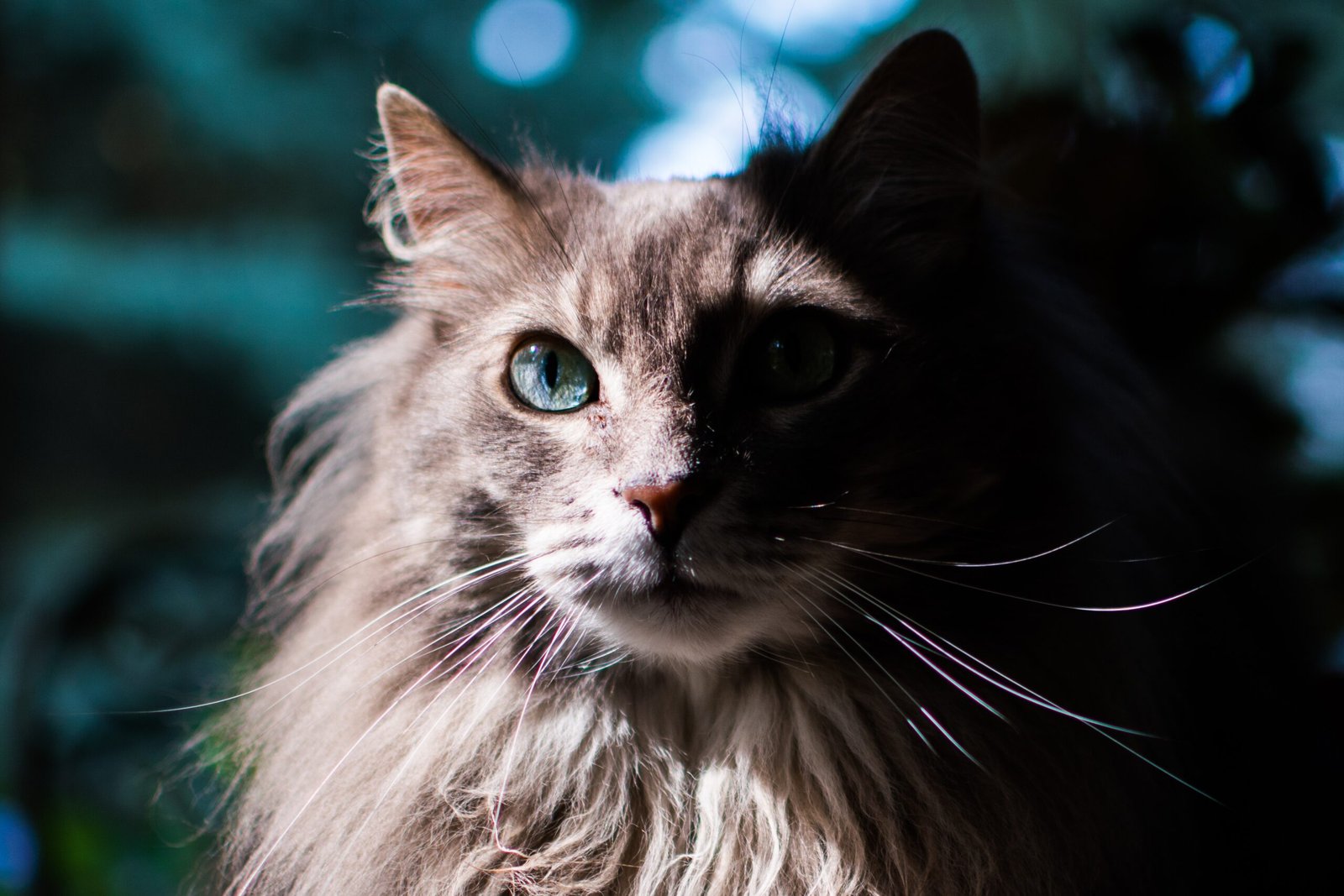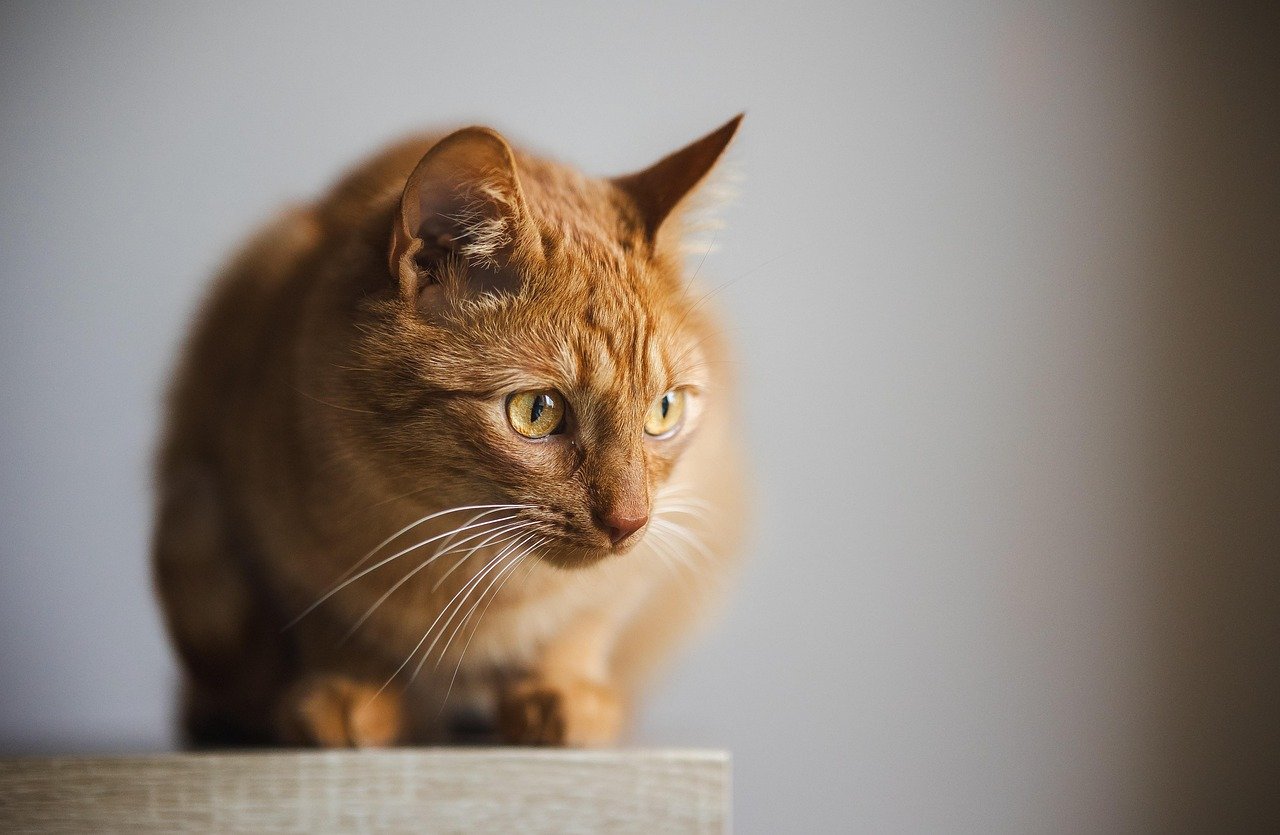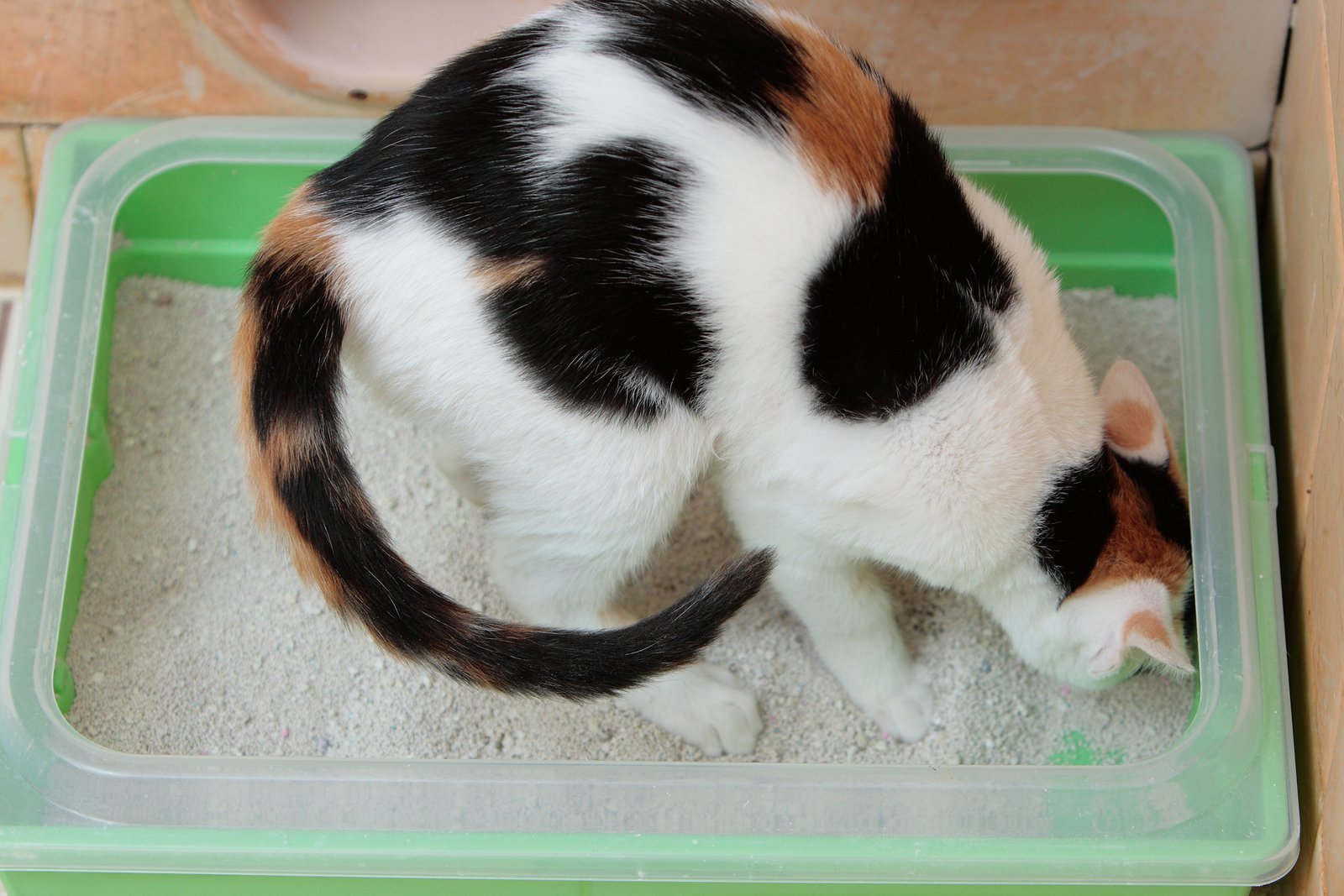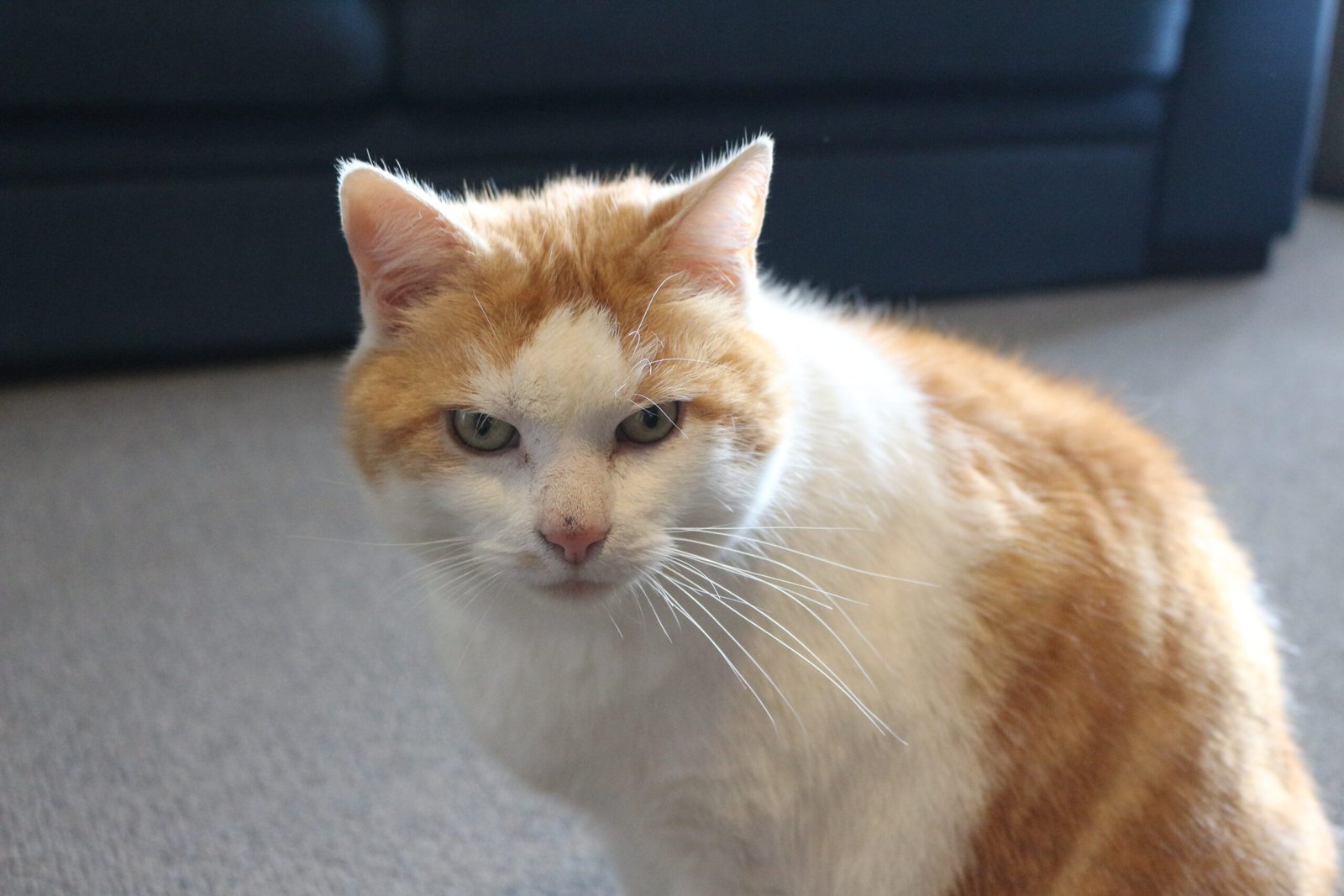Is there anything more frustrating than discovering yet another surprise puddle from your beloved cat? If you’ve ever caught a whiff of that unmistakable scent or found a mysterious wet spot on your favorite chair, you know how stressful cat spraying can be. It’s not just a mess—it can feel like your cat is sending a secret message in a language you can’t understand. But here’s the good news: you’re not alone, and there are real solutions. Let’s unravel why your cat might be spraying indoors and what you can do to help them—and yourself—find peace at home once more.
Understanding Why Cats Spray
Few things are more frustrating for cat owners than discovering that unmistakable scent—spraying. While it might feel like your cat is acting out, this behavior is often a form of communication, not rebellion. Spraying indoors can be triggered by stress, territorial instincts, or even underlying health issues, and it’s more common than many realize. The good news? With a little patience and the right approach, you can identify the cause and help your cat kick the habit for good.
Spraying is not the same as regular urinating. While both involve liquid waste, spraying is usually about marking territory, not emptying a full bladder. Cats have powerful instincts, and spraying is their way of communicating with other animals or responding to changes in their environment. Sometimes, it’s triggered by stress, the presence of other cats, or even a new piece of furniture. For indoor cats, the urge to mark territory can still be strong, especially if they feel threatened or insecure. Understanding these motivations is the first step in solving the problem. Once you see the world through your cat’s eyes, their actions become a bit less mysterious and a lot more manageable.
Spotting the Signs of Spraying

How do you know if your cat is spraying or just peeing outside the litter box? Spraying usually involves backing up to a vertical surface, like a wall or curtain, and releasing a small amount of urine. It’s often accompanied by a quivering tail and a focused expression. The smell is another giveaway—spray tends to be much more pungent than normal urine. You might also notice your cat targeting specific spots repeatedly, especially near windows, doors, or areas where other animals have been. Paying close attention to these signs helps you respond quickly and effectively, preventing bigger problems down the line.
The Impact of Stress and Anxiety
Just like people, cats are sensitive creatures. Any change in their environment, from a new pet to rearranged furniture, can make them anxious. Sometimes even changes you might not notice—a new neighbor’s dog barking or loud construction outside—can upset them. Stress can trigger spraying as your cat tries to reclaim their sense of security. Watching for signs of anxiety, like hiding, over-grooming, or sudden aggression, can help you intervene before spraying becomes a habit. By creating a calm and predictable environment, you give your cat the best chance to relax and stop marking indoors.
Medical Issues That Can Cause Spraying

Before assuming your cat’s spraying is purely behavioral, it’s crucial to rule out medical problems. Urinary tract infections, bladder stones, or other health issues can make your cat uncomfortable and more likely to spray. Sometimes, a cat in pain will associate the litter box with discomfort and avoid it altogether. If your cat suddenly starts spraying or changes their bathroom habits, a trip to the vet is always a wise first step. It’s amazing how often a simple health check can solve what seems like a complicated behavioral issue.
How Litter Box Issues Contribute

Believe it or not, your cat’s litter box could be the heart of the problem. Cats are particular about where they go to the bathroom. A dirty box, a box that’s too small, or one placed in a noisy or high-traffic area can all lead to spraying. Even the type of litter matters—some cats have strong preferences for certain textures or scents. Make sure the litter box is cleaned daily, placed in a quiet spot, and spacious enough for your cat to move around comfortably. Sometimes, simply adding an extra litter box or switching to a different litter can work wonders.
Territorial Behavior and Multi-Cat Homes
If you have more than one cat, spraying can be a sign of territorial disputes. Cats are solitary hunters by nature and can feel threatened by the presence of others, even if they’ve lived together for years. Spraying is a way to claim ownership and establish boundaries. Look for tension between your cats—hissing, blocking access to food or litter boxes, or even outright fighting. Providing multiple resources like food bowls, water dishes, and litter boxes can help ease competition and reduce the urge to spray. Sometimes, giving each cat their own “safe space” is enough to restore harmony.
The Role of Neutering and Spaying

One of the most effective ways to reduce spraying is to have your cat neutered or spayed. Unneutered males are especially prone to marking, but females can do it, too. The hormones driving this behavior are significantly reduced after surgery, making spraying much less likely. If your cat is still spraying after being fixed, it’s usually due to stress or environmental factors rather than hormones. Consider scheduling the surgery if your pet is intact, and talk to your vet about any ongoing issues.
Cleaning Up and Removing Odors
Cats have an incredibly sensitive sense of smell. If the scent of urine lingers, your cat might feel drawn back to the same spot again and again. That’s why cleaning up thoroughly is so important. Ordinary household cleaners often don’t cut it—enzyme-based cleaners are your best bet, as they break down the urine at a molecular level. Make sure to treat both the surface and any padding or carpet underneath, as the smell can seep deep into fabrics. Removing the odor completely sends a clear message to your cat: this is not a bathroom.
Behavioral Training and Positive Reinforcement

Punishing your cat for spraying almost never works and can make the problem worse. Instead, focus on rewarding good behavior. When your cat uses the litter box, offer treats, praise, or extra playtime. Try to catch them in the act of doing the right thing and make it a positive experience. You can also use deterrents like double-sided tape or citrus scents in areas where your cat tends to spray. Over time, positive reinforcement encourages your cat to break the habit and choose more appropriate places to go.
Enriching Your Cat’s Environment

Boredom can contribute to a host of behavioral problems, including spraying. Make your home a cat paradise with climbing trees, scratching posts, and interactive toys. Give your cat plenty of opportunities to play and explore. Window perches offer hours of entertainment as your cat watches the world go by. Rotate toys regularly to keep things interesting. A rich and stimulating environment not only keeps your cat happy but also helps prevent the stress and boredom that can lead to spraying in the first place.





